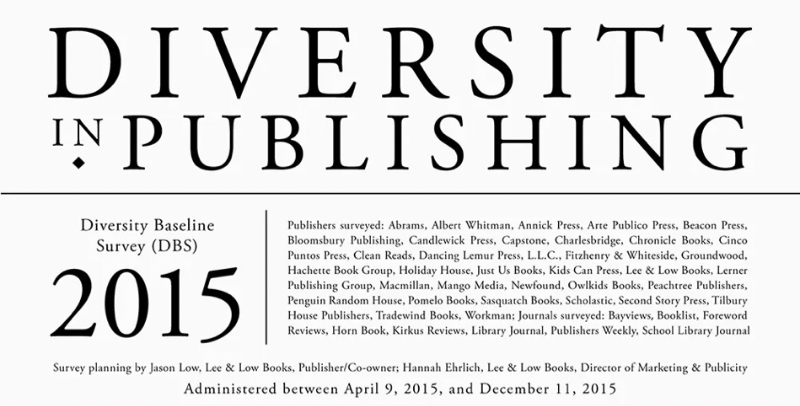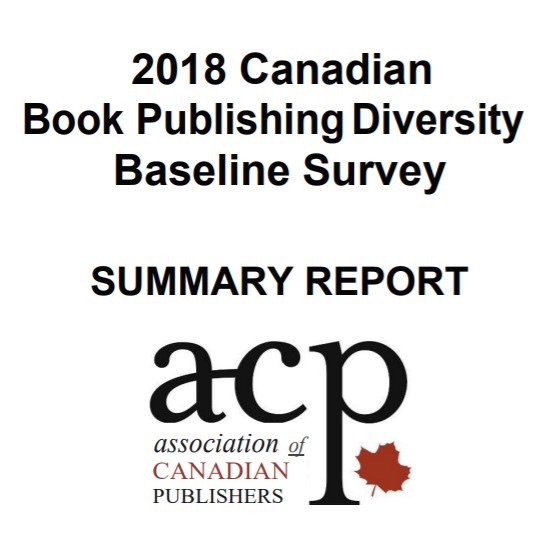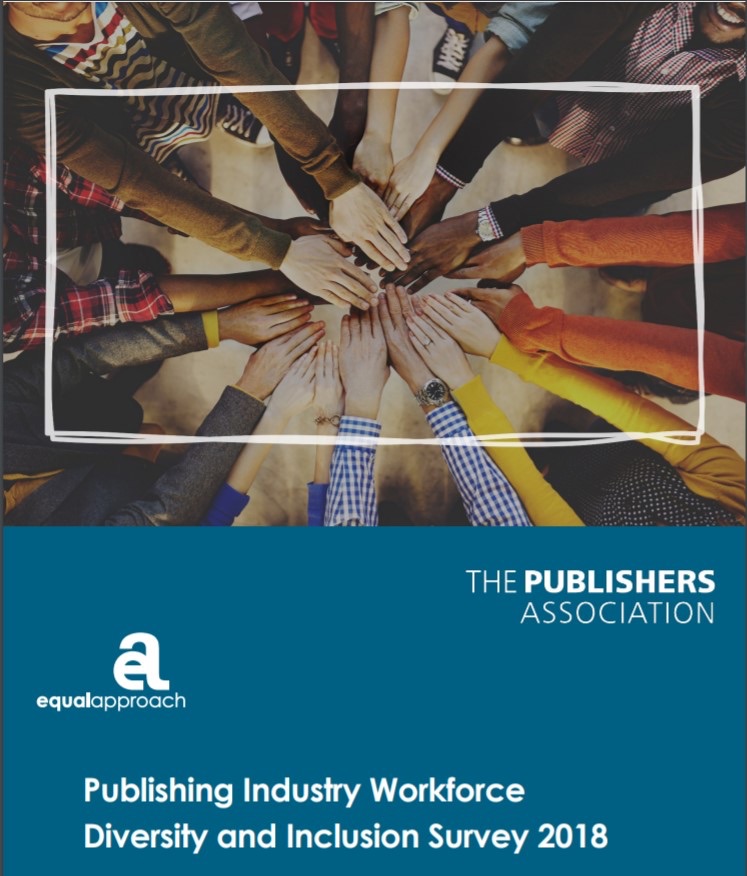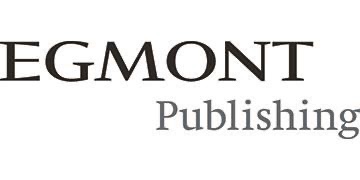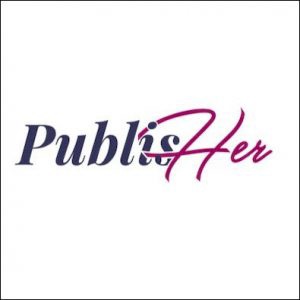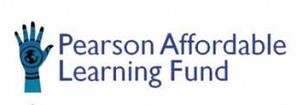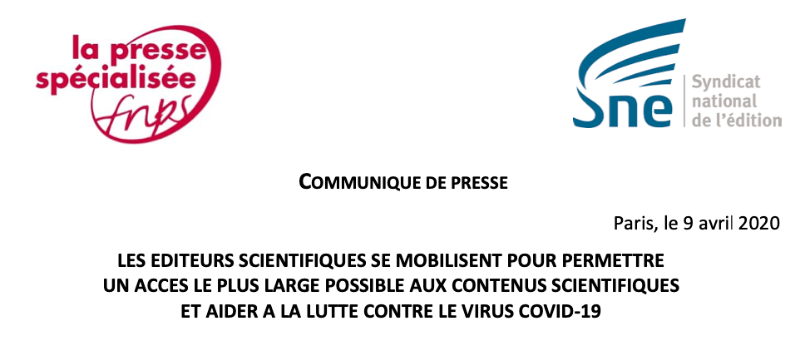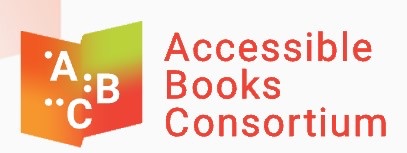
Accessible Books Consortium (ABC)
In June 2014, the Accessible Books Consortium was launched in order to boost the number of books in accessible formats for people around the globe who are blind, visually impaired, or otherwise print disabled. The ABC also encourages publishers to commit to accessible publishing, adopt accessibility features within their publishing processes, and include descriptions of the accessibility features of their products in the information they provide to others in the book supply chain.

